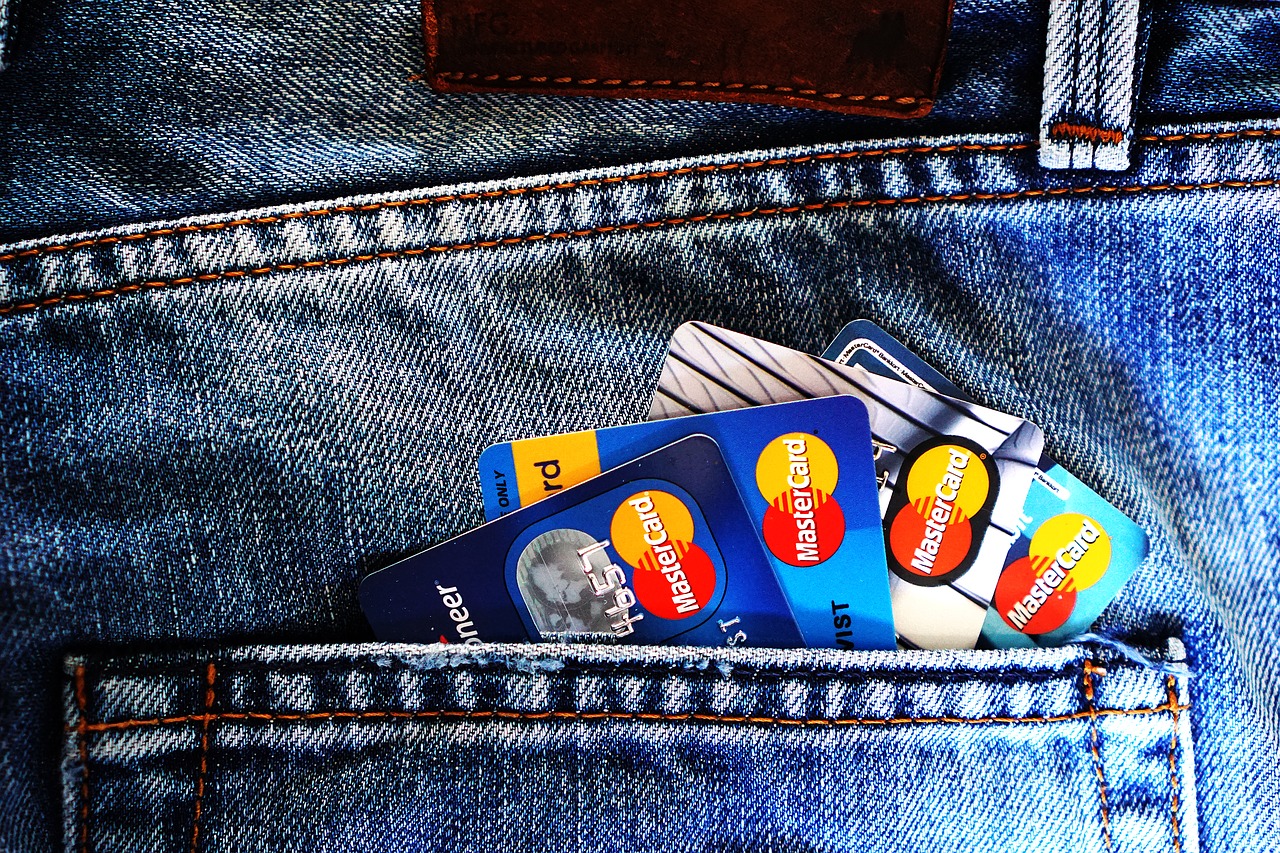Several factors go into determining a credit score, and to raise it people should focus on as many of these components as possible. The most important aspect in determining one’s credit score is payment history, but a person’s amount of debt is also important. Other factors include inquiries into credit, the types of credit secured, and the length of the individual’s credit history.
The following are some simple ways to improve in these various areas and quickly get a better score:
-
Open up additional lines of credit.
 While this tip may not seem wise at first, the trick is to not use the additional credit secured. Credit bureaus look at current debt as a percentage of all credit. Thus, if someone has a $1,000 limit on a credit card and owes $500 on it, then the person’s credit usage percentage is very high. Credit bureaus want to see as wide a cushion as possible, therefore card holders should ask the issuing company to raise the card’s spending limit. Even opening a new card can improve one’s credit score quite significantly as long as the individual does not increase his or her spending.
While this tip may not seem wise at first, the trick is to not use the additional credit secured. Credit bureaus look at current debt as a percentage of all credit. Thus, if someone has a $1,000 limit on a credit card and owes $500 on it, then the person’s credit usage percentage is very high. Credit bureaus want to see as wide a cushion as possible, therefore card holders should ask the issuing company to raise the card’s spending limit. Even opening a new card can improve one’s credit score quite significantly as long as the individual does not increase his or her spending.
-
Keep old credit accounts open.
Individuals mistakenly think that they should close their old credit card accounts, especially if they have not used them in years. However, doing so could impact a person’s credit score negatively on two different fronts. Not only does closing the accounts decrease the total amount of credit available, but doing so can also shorten a person’s average credit history. While closing newer accounts will not likely have the same impact on a credit score, individuals should always keep their oldest accounts open to maintain the longest possible credit history.
-
Know the difference between hard and soft credit inquiries.
People check credit reports for a wide range of reasons, but not every type of inquiry has the same impact on a card holder’s score. Hard inquires put a dent in the score that lasts for two years. A hard inquiry occurs when people apply for new lines of credit. These types of transactions are flagged because applying for too many new lines of credit at once could signal cash-flow issues. Therefore, it’s best to limit these inquires as much as possible and keep track of when they happen to know when they will drop off of a credit report.
Landlords, bosses, and others may also do a credit check, but these actions are considered soft inquiries and are not likely to impact one’s score at all. Therefore, people shouldn’t worry about limiting them.
-
Get rid of small credit card balances.
While it is true that having high balances on credit cards will dent a person’s credit score, it is also true that the sheer number of cards with a balance has an effect. Those who have debts on multiple accounts may want to consider consolidation or simply pay down any balance that is relatively low. Once these accounts are paid off, people should concentrate on paying for all future purchases with one or two cards to maximize their credit score.
-
Use debit cards rather than credit cards.
 Some people do not understand why they have a poor credit score even though they pay off their cards in full and on time every month. However, scores can be calculated using balances on cards whenever they are reported to a credit agency. Usually, credit cards report the balance from the last statement. Thus, it could look like the card is nearly maxed out even though it will be paid off completely in the near future. Using a debit card for some purchases can avoid this issue in the future. If individuals still want the rewards of a credit card, then they should ask for higher credit limits on their cards.
Some people do not understand why they have a poor credit score even though they pay off their cards in full and on time every month. However, scores can be calculated using balances on cards whenever they are reported to a credit agency. Usually, credit cards report the balance from the last statement. Thus, it could look like the card is nearly maxed out even though it will be paid off completely in the near future. Using a debit card for some purchases can avoid this issue in the future. If individuals still want the rewards of a credit card, then they should ask for higher credit limits on their cards.
-
Diversify debt.
One of the strangest factors influencing a credit score is the mixture of types of credit. The most popular lines of credit include student loans, auto loans, credit cards, and mortgages, although others exist. Having a variety of different forms of debt rather than just one proves to credit agencies that an individual is capable of paying back various different types of debt and this is reflected in an improved credit score. The types of debt in a person’s name tend to naturally diversify over time, but not necessarily. The diversification factor only counts for a small fraction of the overall score, but it could hold someone back from a coveted over-800 score.
-
Get added to someone else’s established account.
Individuals who do not have much of a credit history can fix this by being added to the account of someone who has had credit for a long time. The new user does not even have to own a card or make purchases on the account for the credit history to bump up the credit score. While this strategy requires a family member or friend willing to help out, the risk to them is relatively low and could give a serious and quick boost to the credit rating of a person who has only recently started building credit.

